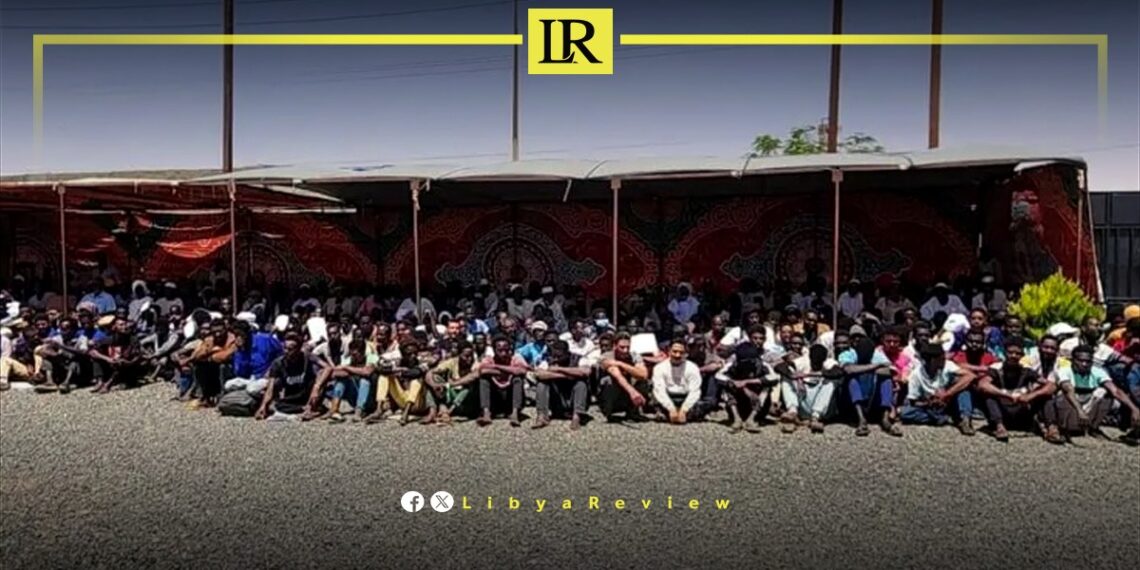The European Union has allocated €500,000 in humanitarian funding to the World Health Organization (WHO) to provide primary healthcare to Sudanese refugees arriving in Libya. According to a statement on the mission’s website, over 1,200 Sudanese enter Libya daily from Kufra, a sixfold increase since December 2023.
The statement highlights that nearly half of these arrivals are women and children, joining around 40,000 Sudanese already dispersed across southeast Libya. The WHO will deploy medical teams, including mental health specialists, and supply equipment to bolster health services at six primary healthcare facilities. Mobile clinics will also be established to offer direct medical treatment to Sudanese refugees. This humanitarian effort will focus on border regions severely impacted by the influx of vulnerable Sudanese fleeing conflict.
Earlier this month, the United Nations High Commissioner for Refugees (UNHCR) reported that at least 20,000 Sudanese refugees have arrived in Libya since last year, with numbers significantly rising in recent months. UNHCR spokesperson Ewan Watson stated that the agency has expanded its assistance plan to include Libya and Uganda due to the surge in refugees. He noted that 39,000 Sudanese refugees have reached Uganda.
Watson remarked, “This only highlights the dire situation and desperate decisions made by those ending up in a place like Libya, which is extremely challenging for refugees at the moment.” Last month, Nouri Al-Saadi, Head of the Libyan Anti-Illegal Immigration Agency under the parliament-designate government, reported that about 500,000 Sudanese have fled to Libya due to ongoing conflict.
In an interview with Sputnik, Al-Saadi observed that the influx of Sudanese refugees in Kufra ranges between 400,000 to 500,000 individuals escaping the war. He mentioned that most migrants entering Libya come from Chad, Sudan, Niger, and other neighboring countries, with Sudan contributing the largest number. Over the past two months, more than 5,000 migrants have been repatriated from Libya to their home countries, including 2,987 Sudanese, 385 Nigeriens, 614 Chadians, 185 Somalis, 406 Eritreans, and 111 Ethiopians.
Al-Saadi criticized the European Union for not supporting border control efforts in Libya’s southeast and southwest regions, stating that EU assistance is limited to the Illegal Immigration Control Authority in Tripoli. He also expressed disappointment with international organizations, including UN-affiliated bodies, for their insufficient support. Al-Saadi emphasized that the Sudanese crisis is a global responsibility, and humanitarian aid provided does not meet the scale of the crisis.
In April, the Security Information System under the Southeastern Emergency Response Room began registering Sudanese refugees in Kufra. This initiative, according to the Ministry of Interior’s Security Media Office of the Libyan Government-designate, aims to manage the inflow of displaced individuals within the region. The registration process witnessed a large turnout of Sudanese refugees, ensuring their protection and integration within local communities.


